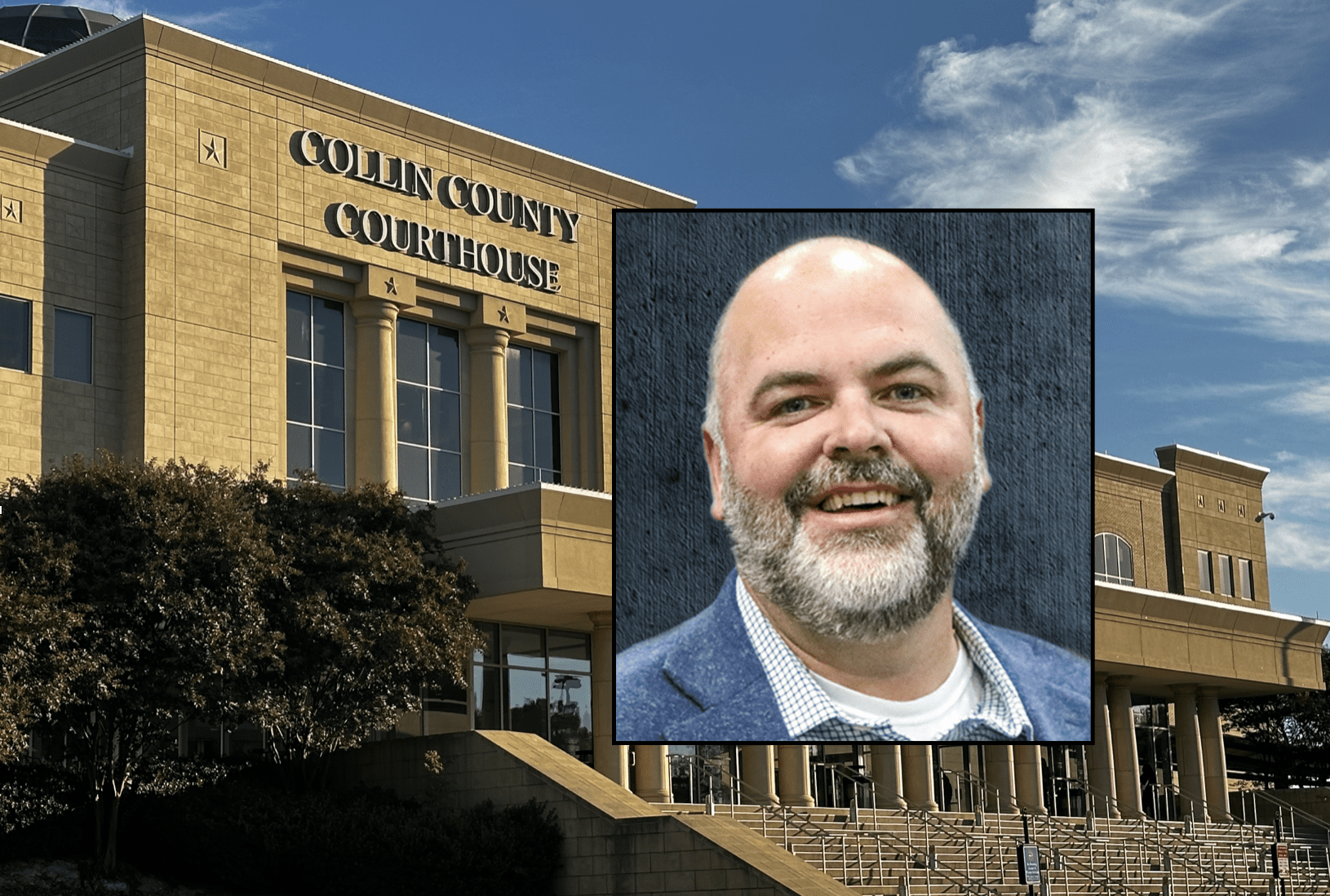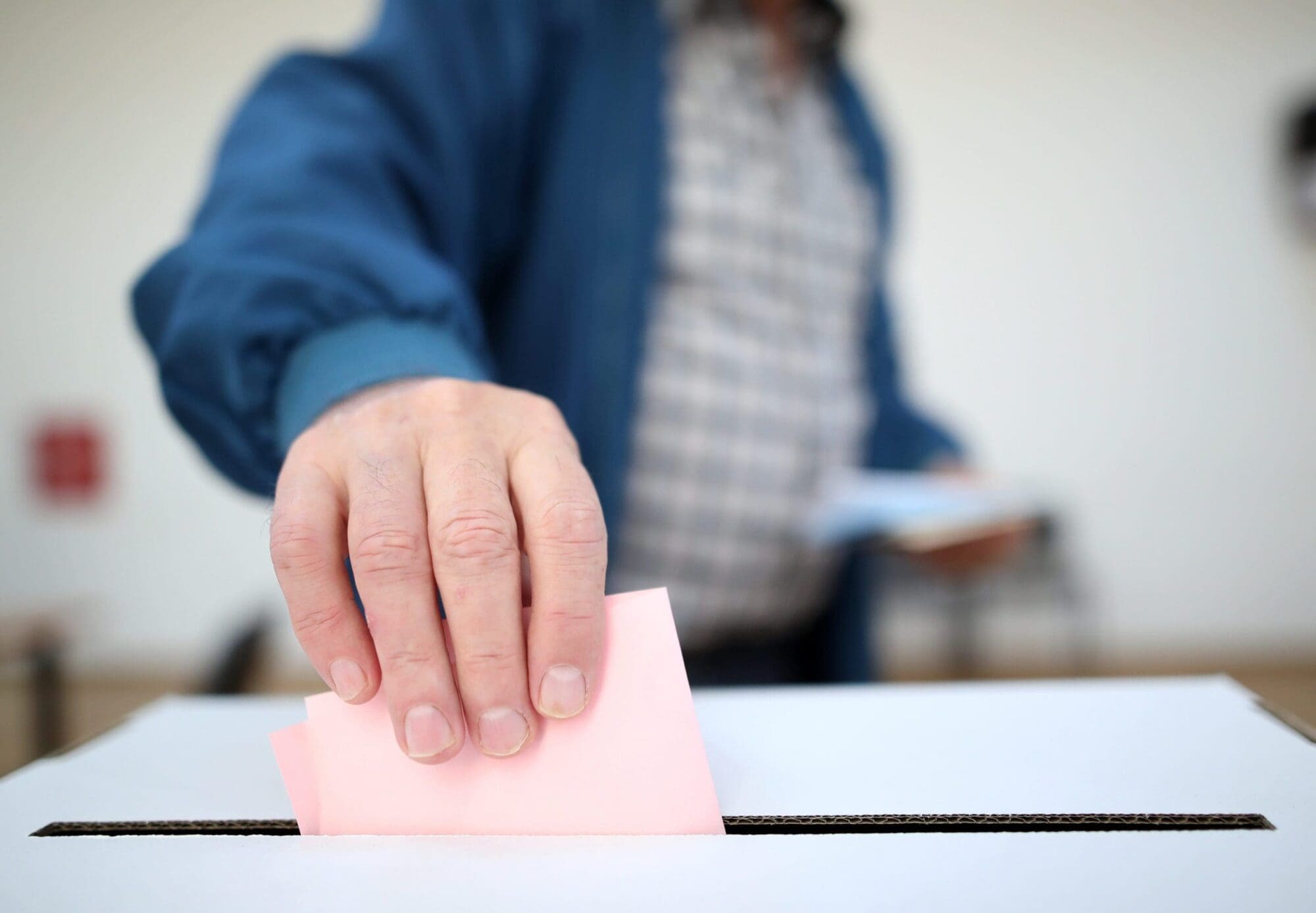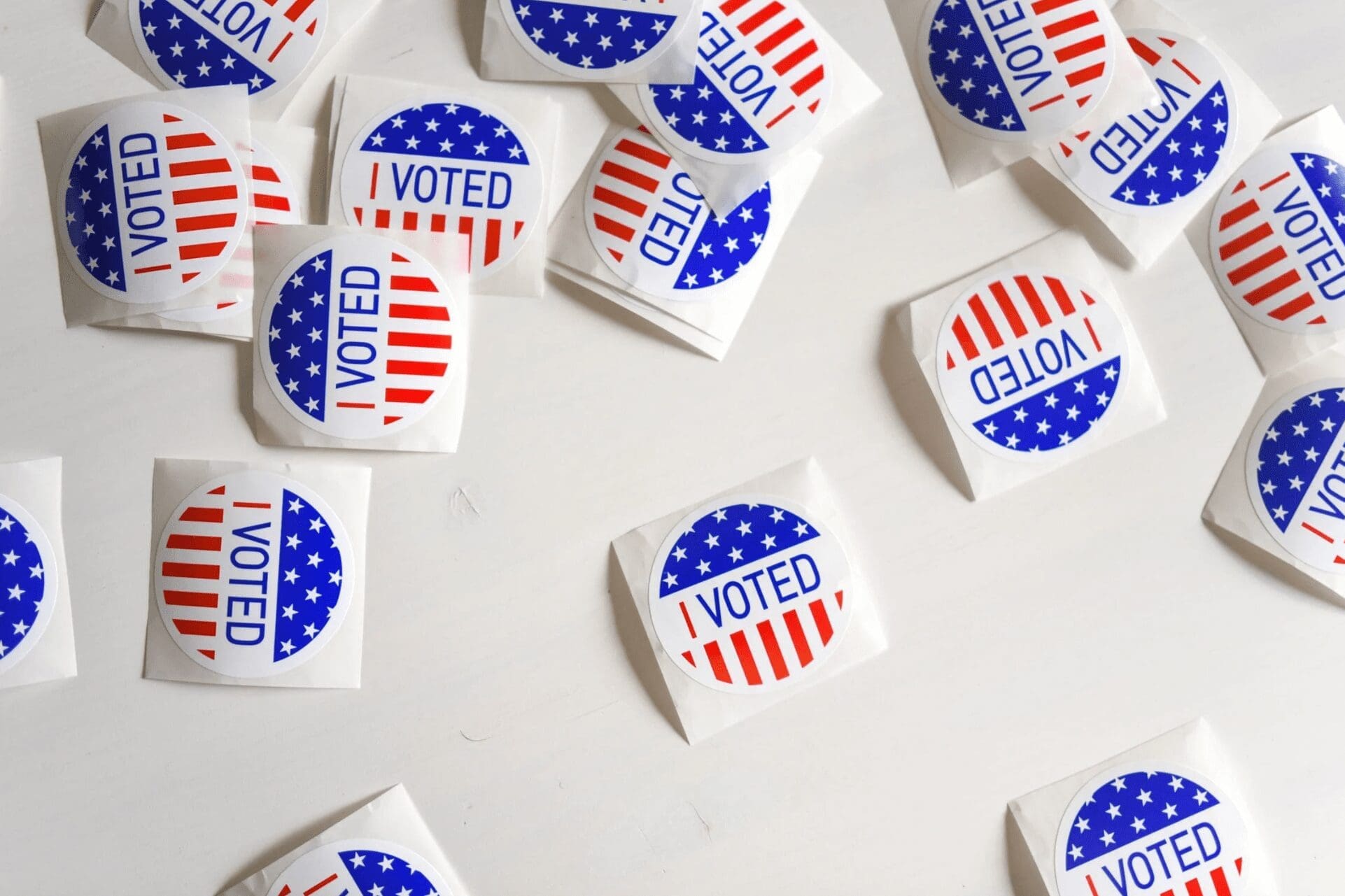UPDATED March 2 to include additional bills referred to House Elections Committee.
Priority legislation one expert called “the single most important election integrity measure” that state lawmakers can enact has been filed in the Texas House.
House Bill 2283, authored by State Rep. Phil King (R–Weatherford), would prohibit private money from being injected into local government election offices—a practice that made an unprecedented impact on voting in 2020.
In the run-up to the presidential election, hundreds of millions of dollars in grant money from left-wing donors flowed through third-party organizations to local election administrators. The huge cash infusions boosted budgets of select election offices, skewing turnout and results in targeted areas—largely Democrat-dominated urban centers.
“That’s the single most important thing that happened in this election,” said national election law expert J. Christian Adams at an election integrity forum hosted by Texas Public Policy Foundation in January. Adams heads the Public Interest Legal Foundation, a nonprofit law firm dedicated exclusively to election integrity.
Fellow TPPF panelists, State Reps. Stephanie Klick (R–Fort Worth) and Valoree Swanson (R–Spring), agreed the selective donations were a top troubling aspect of the 2020 election and need to be eliminated.
“Private money funding elections should be banned,” Adams said. “It is the single most important election integrity measure you can enact.”
At least $400 million in private money was funneled through left-leaning nonprofits like the Center for Tech and Civic Life and, according to Adams, used to turn urban election offices into Democrat “turnout machines.”
In September, social media mogul Mark Zuckerberg gave CTCL $250 million to redistribute to local election officials as “COVID-19 Response Grants,” plus $50 million to the Center for Election Innovation and Research to “combat disinformation” about the 2020 election, among other things.
The Facebook founder kicked in another $100 million to CTCL in October.
While legal, the strategic funding arguably gave Democrats a boost.
Elections offices in Dallas and Harris counties—which are controlled by Democrats and together account for almost a quarter of all Texas voters—received huge grants from CTCL to “promote safe and reliable voting” during the Chinese coronavirus outbreak.
Dallas County received $15 million, the largest grant awarded, while Harris received $9.6 million.
Klick noted Harris County election officials used the extra cash to set up “drive-thru” voting places—something Texas law doesn’t allow for—then had trouble reconciling vote totals from those locations.
Last month, Time published an article detailing a “shadow campaign” by a “well-funded cabal of powerful people” that “got states to change voting systems and laws” and “helped secure hundreds of millions in public and private funding.”
The Democrat-led “alliance” of labor unions and other members of the “institutional left” plus anti-Trump “resistance” members and chambers of commerce also “pressured social media companies” to suppress anything about the presidential election they considered “disinformation.”
At last week’s Conservative Political Action Conference, Adams repeated his call for lawmakers to protect the voting process and stop strategic intervention by well-financed third parties from affecting future elections.
“The most important thing you can do for election integrity is stop private funding of elections,” he said Sunday during one of several election integrity panels at CPAC.
Other states are also heeding the call.
Georgia lawmakers introduced House Bill 62 in January to prohibit local election officials from accepting or expending private funds.
Last month, Florida Gov. Ron DeSantis proposed a list of measures to strengthen election integrity that includes a ban on counties receiving grants from private third-party organizations for “get out the vote” initiatives.
King’s HB 2283 would prohibit Texas local election officials from accepting contributions from private individuals, corporations, trusts, or other third parties and stop them from spending funds not appropriated by local governments.
Election integrity is a top legislative priority this year for the Texas GOP and conservative grassroots activists. Interest in securing the vote intensified during 2020, as election officials across the country used COVID-91 fears as an excuse to loosen voting rules.
Controversies surrounding November’s election results heightened Texans’ concerns about voting security; and last month, Gov. Greg Abbott included election integrity on his list of emergency priorities for the 87th Legislative Session, though he has yet to endorse any specific election reforms.
The House Elections Committee will hold its first meeting on Thursday, seven weeks into the 20-week session, but will not consider any bills.
As of March 1, 58 bills had been referred to the Elections Committee; 12 are Republican-authored. HB 2283 is not among them.
No bills have yet been reported to the Senate State Affairs Committee, which hears election-related bills in the upper chamber.
Texans can weigh in on HB 2283 and other election integrity measures by contacting their state lawmakers, who are in regular session now through May 31.
Details about bills, along with other resources to help citizens participate in the legislative process, are available at Texas Legislature Online.





